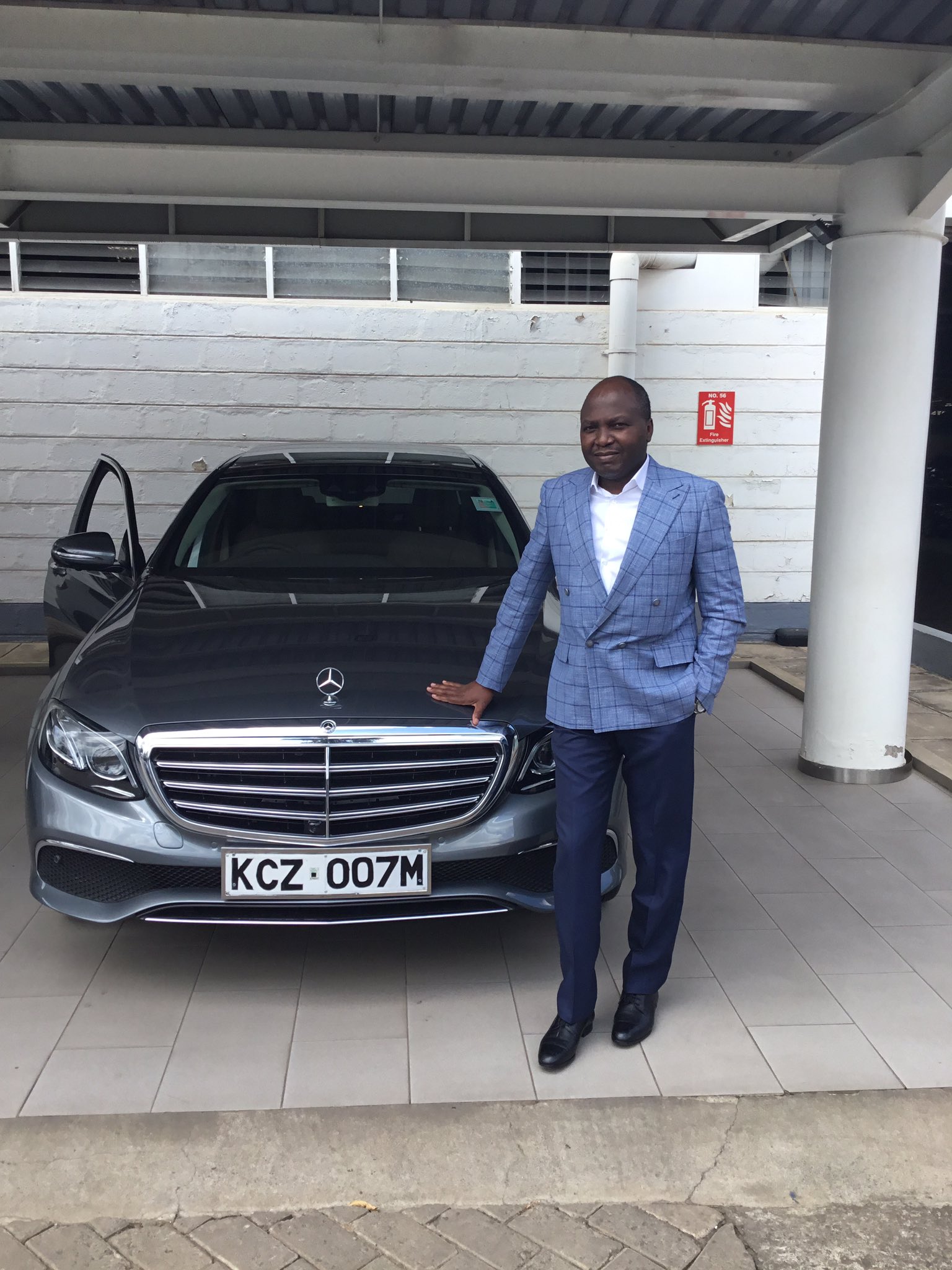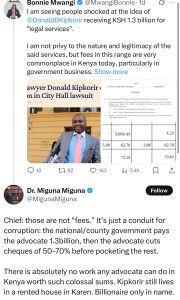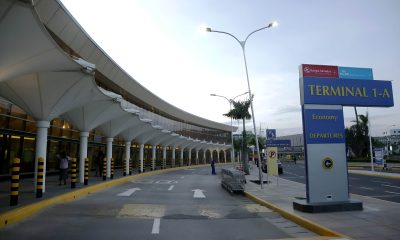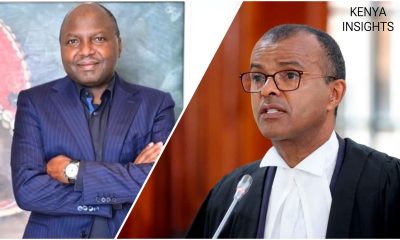Politics
‘Kipkorir Still Lives in a Rented House—Billionaire in Name Only,’ Miguna Blasts City Lawyer

Prominent city lawyer Donald Kipkorir has found himself at the center of a heated controversy following a High Court ruling ordering the Nairobi County Government to pay his firm, KTK Advocates, Sh1.3 billion for legal services rendered.
The massive payout, one of the largest in Kenya’s legal history, has sparked sharp criticism, with outspoken lawyer Miguna Miguna labeling it a “conduit for corruption” and questioning Kipkorir’s financial status, claiming he “still lives in a rented house in Karen” despite being a “billionaire only in name.”
The court’s decision stems from two cases where Kipkorir represented the Nairobi County Government.
The primary case involved a decade-long dispute over a 3,000-acre parcel of land valued at Sh61.5 billion, where the Embakasi Barracks now stands. Kipkorir was hired in 2012 by the defunct Nairobi City Council to challenge the Kenya Defence Forces’ acquisition of the land.
The case was withdrawn in 2021 through a consent agreement, though Kipkorir was no longer involved at that stage.
The second case, yielding a smaller fee of Sh697,876, concerned the legitimacy of Nairobi’s fire brigade by-laws in a 2015 constitutional petition.
High Court Judge John Chigiti, in a ruling dated April 3, 2025, ordered the county to pay Kipkorir’s firm within 60 days, citing no justification for the delay in settling the fees, which have been pending since a 2022 court award.
The Sh1.3 billion figure, which includes interest, has drawn public outrage, with critics arguing it places an undue burden on taxpayers.
Miguna, known for his fiery commentary, took to social media to slam the payout, alleging it was not legitimate legal fees but rather a scheme to siphon public funds.
“The national/county government pays the advocate Sh1.3 billion, then the advocate cuts cheques of 50-70% before pocketing the rest,” he claimed, asserting that “no work any advocate can do in Kenya” justifies such a sum.
He further taunted Kipkorir, suggesting his lavish public persona masks a less affluent reality, stating, “Kipkorir still lives in a rented house in Karen. Billionaire only in name.”
Kipkorir, a flamboyant figure often seen flaunting luxury cars and high-end fashion, has previously defended his wealth as hard-earned, emphasizing his rise from humble beginnings in Cheptongei village, Elgeyo Marakwet County.
In response to earlier criticism over the same fee in 2022, he argued that the Advocates (Remuneration) Order regulates legal fees and that the amount reflected the case’s complexity and the land’s immense value.
The payout has reignited debates over transparency in legal fees charged to public institutions.
Some Kenyans, echoing Miguna’s sentiments, argue the fees are inflated and symptomatic of deeper systemic issues.
Others, however, point out that Kipkorir’s firm legally pursued the payment after years of delays, with court rulings consistently upholding his claims.
In 2024, Kipkorir escalated efforts to recover the debt by instructing auctioneers to seize Nairobi County assets, a move that followed a landmark High Court decision striking down colonial-era laws that shielded government properties from attachment.
The county had previously contested the fees, claiming an agreement capped Kipkorir’s payment at Sh400 million plus VAT, but courts dismissed this for lack of evidence.
Kenya Insights allows guest blogging, if you want to be published on Kenya’s most authoritative and accurate blog, have an expose, news TIPS, story angles, human interest stories, drop us an email on [email protected] or via Telegram
-

 Grapevine2 weeks ago
Grapevine2 weeks agoAlleged Male Lover Claims His Life Is in Danger, Leaks Screenshots and Private Videos Linking SportPesa CEO Ronald Karauri
-

 Grapevine1 week ago
Grapevine1 week agoRussian Man’s Secret Sex Recordings Ignite Fury as Questions Mount Over Consent and Easy Pick-Ups in Nairobi
-

 News5 days ago
News5 days agoTHE FIRM IN THE DOCK: How Kaplan and Stratton Became the Most Scrutinised Law Firm in Kenya
-

 Investigations7 days ago
Investigations7 days agoMulti-Million Dollar Fraud: Three Kenyans Face US Extradition in Massive Cybercrime Conspiracy
-

 Economy6 days ago
Economy6 days agoIran Demands Arrest, Prosecution Of Kenya’s Cup of Joe Director Director Over Sh2.6 Billion Tea Fraud
-

 Business6 days ago
Business6 days agoA Farm in Kenya’s Rift Valley Ignites a National Reckoning With Israeli Investment
-

 Africa1 week ago
Africa1 week agoFBI Investigates Congresswoman Ilhan Omar’s Husband’s Sh3.8 Billion Businesses in Kenya, Somalia and Dubai
-

 Business2 weeks ago
Business2 weeks agoM-Gas Pursues Carbon Credit Billions as Koko Networks Wreckage Exposes Market’s Dark Underbelly




























